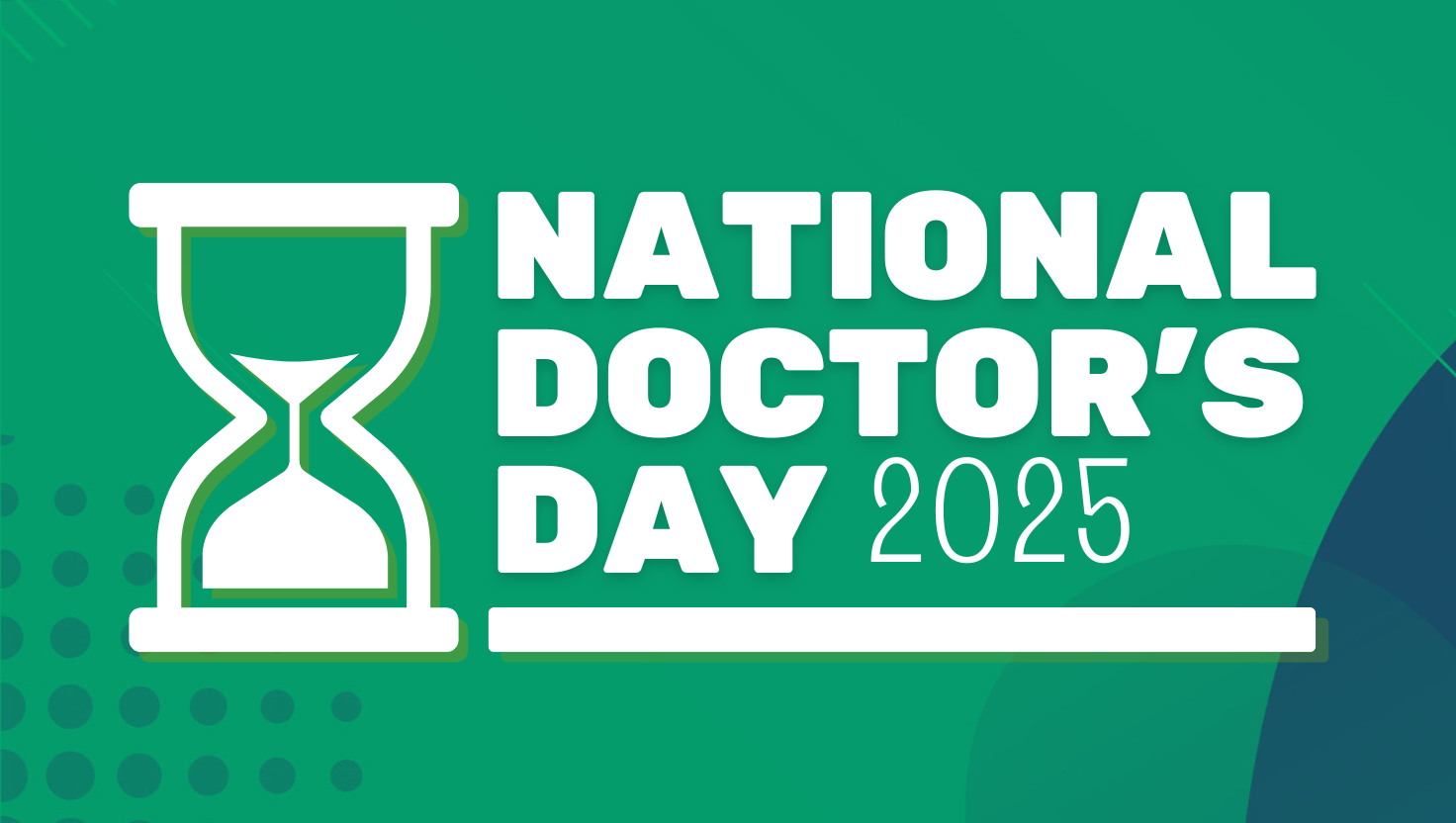In 2023, the Coalition of Board-Certified Emergency Physicians (COBCEP), a group of representatives from all major Emergency Medicine organizations, administered a survey to better understand the perspectives of Emergency Medicine physicians on state-mandated continuing medical education (CME) requirements for licensure. The authors evaluated whether CME activities demonstrate relevancy to current emergency practice and have perceived improvement in patient outcomes as well as any associated burden and costs.
Their findings have been published in JACEP OPEN.* Key findings show that 83.6% of physicians practicing in states with state-mandated, topic-specific CME requirements perceived that participation in ABEM continuing certification could be used to reduce the need for state-mandated, topic-specific CME requirements, and 70.8% believed that state-mandated, topic-specific requirements were unlikely to improve patient care. The authors concluded that, although well-intended, state CME requirements may lack relevancy and could place an undue burden on emergency physicians. Tailoring CME requirements to increase relevance to their patient populations and reducing barriers to completing CME could enhance knowledge translation and improve patient outcomes.
“This study is the first in emergency medicine to show how ABEM certification could be used as an alternative for compliance with CME requirements for licensure. State medical boards are encouraged to engage emergency physicians when considering approaches to address public health concerns to improve outcomes for the patients we serve” shared Melissa A. Barton, M.D., Director of Medical Affairs for the American Board of Emergency Medicine.
This project has been led by Marianne Gausche-Hill, M.D. ABEM former Board Member and Past-President and Melissa A. Barton, M.D., ABEM Director of Medica Affairs in collaboration with the Coalition of Board-Certified Emergency Physicians.
About The Coalition of Board-Certified Emergency Physicians
The Coalition of Board-Certified Emergency Physicians (COBCEP) is a group of representatives from all major Emergency Medicine organizations. The Coalition works to reduce the burden on emergency physicians by refuting the need for short courses or additional certifications. The rationale for no longer requiring such courses is that ABEM- and AOBEM-certified physicians already complete these requirements as part of their continuing certification processes. The coalition was formerly the Coalition on Medical Merit Badges (COMMB). Learn more.
*Gausche‐Hill, M., Bhakta Y., Bond, M. C., Schneider, S. M., Druck, J., Livingston, C. E., Moreno‐Walton, L., Jones, J. S., and Barton, M. A. (2024). Emergency physicians’ perspectives of state continuing medical education requirements for medical licensure. Journal of the American College of Emergency Physicians Open, 5(5). https://doi.org/10.1002/emp2.13314






